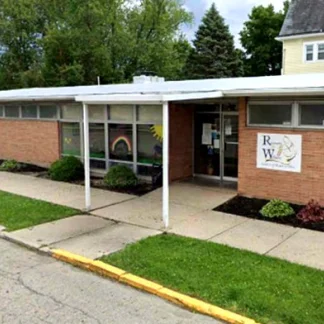Recovery & Wellness
Eaton, Ohio, 228 North Barron Street, 45320
Available Programs
- Adolescence program
- Adult program
- Program for men
- Program for women
- Young adult program
Insurance and Financial
- Medicaid
- Private insurance
- Self-pay options
- Financing available
- Sliding scale payment assistance
- Employee Assistance Program
About this Facility
Recovery & Wellness provides outpatient services to those individuals struggling with behavioral health issues. Services include individual, family and group counseling, co-dependency counseling, intervention services and more. Recovery & Wellness is located at Eaton, Ohio.
Recovery & Wellness is dedicated to providing treatment, education and prevention services for substance addiction and mental health issues. They provide specialized, state-of-the-art, scientifically based behavioral health treatment which is personalized to response to the needs of the clients and their families.
Services provided at Greenville include professional evaluations, individual, family and group counseling, programs tailored specifically for women and individuals, special education and treatment services for children and adolescents, co-dependency counseling, intervention services Employee Assistance Programs and prevention services.
Contact us for more information: (937) 456-7694

Contact Recovery & Wellness
Connect with Recovery & Wellness by calling their admissions team directly.
(937) 456-7694 Website Get Directions